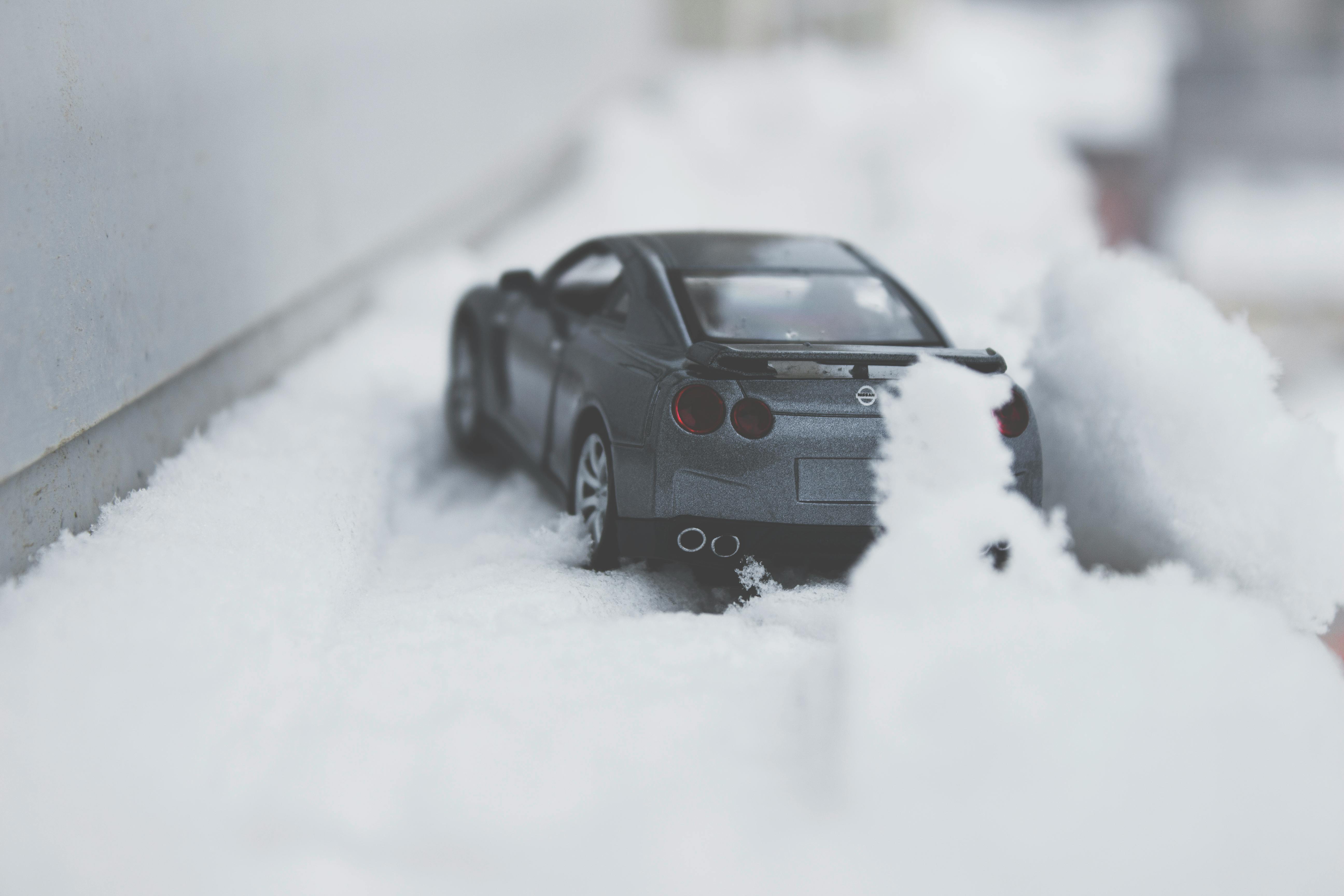Fuel prices and mileage
- Lower your gas costs. Gasoline and diesel prices have risen by a staggering amount and are expected to continue to rise as oil production declines. Before heading to your regular gas station, take a look at the PetrolPrices website. Just type in your zip code and the site will tell you where you can find the cheapest gas in your local area.
- Thinking of buying a new car? Make sure to compare the fuel efficiency and circulation tax costs of car models using the comparison tool on the ‘Act on CO2’ website. It will also show you the 10 most fuel efficient vehicles in each car category; In the family category, it turns out to be the Volkswagen Passat Saloon 1.6 TDI 105PS, in case you were wondering …
- Diesel vs. Gasoline If you’re not sure whether to go for a diesel or a gasoline engine, take a look at the comparison tool on the consumer website. Which? – calculate how much both will cost you in the long run.
Save money on maintenance
1. Learn to check the basics of your car yourself; Then you will eliminate any problems in the bud before it has a chance to cause serious damage to your vehicle. Dust off the owner’s manual and read it; It will explain exactly how to check your engine oil, engine coolant, and automatic transmission. Knowing these things is guaranteed to save you money in the long run.
2. Pay attention to the dash lights that alert you to problems. I ignored a flashing red light once and my engine burned out! The faster problems are resolved, the less damage is likely to have been done.
3. Have your car repaired at a shop you know and trust. And ask lots of questions – a good mechanic won’t mind that you want to learn. Whatever you do, don’t stick with a garage just because a family friend works there. Unless they’re really good, put loyalty aside and move on.
Insurance costs
1. What determines an expensive insurance policy? Factors such as car and engine size, car modifications, annual mileage, number of drivers per car, no-claims bonus, and the type of insurance you choose (comprehensive insurance is more expensive than auto insurance). third parties, only against fire and theft).
2. Make sure you get the best deal on car insurance costs by using a comparison tool. Insurance companies rely on the fact that most of us are too lazy to look elsewhere for our car insurance. They simply send us another year’s premium quote and expect us to pay without hesitation. Don’t be fooled, shop today.
3. Before you buy the cheapest policy you can find, go back to your current insurer and ask if they can beat it. You have nothing to lose!
4. Reduce insurance costs by opting for a higher annual excess.
5. Pay once a year instead of spreading it out in monthly installments if you can afford it. You will receive a discount.
6. Don’t make small claims if you can avoid it. Keep your claim-free years for as long as possible, and later, you will reap the rewards.
7. Generally, insurance companies offer lower quotes for greener vehicles.
Adopt a greener driving style
Going green doesn’t have to mean spending more money; in fact, when it comes to driving, it could save you a small fortune. Follow the green driving tips below and reduce your fuel consumption by 10%. Less consumption equals spending less money on it.
Before your trip:
- Remove all unnecessary junk from your trunk, as more weight equals more fuel.
- Make sure your tires are at the correct pressure, as flat tires consume a lot of fuel. Check your car manual for tips and recharge your tire at a local workshop.
- Do not miss! Take the shortest possible route to your destination and if you can invest in a SatNav. This nifty little gadget might not be cheap, but it does have the ability to avoid a million wrong turns and a lot of gas.
During your trip:
- Accelerate and decelerate smoothly and reduce gear changes.
- Whenever possible, stay at 35 mph as this is the approximate optimal speed according to the AA to keep fuel consumption low.
- Keep your speed low. According to the Department of Transportation, driving at 70 mph consumes up to 9% more fuel than at 60 mph and up to 15% more than at 50 mph. Cruising at 80 mph can consume up to 25% more fuel than at 70 mph.
